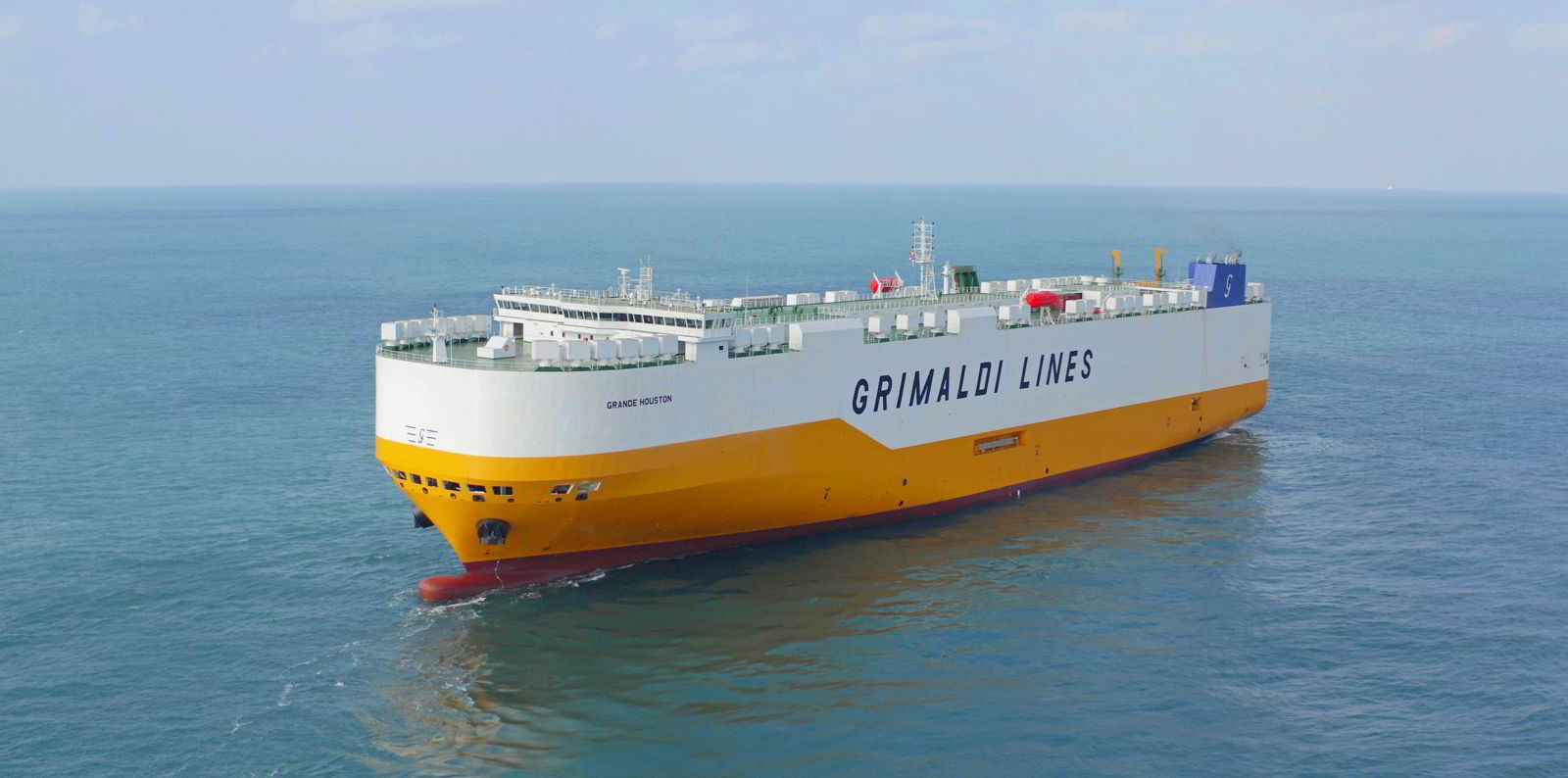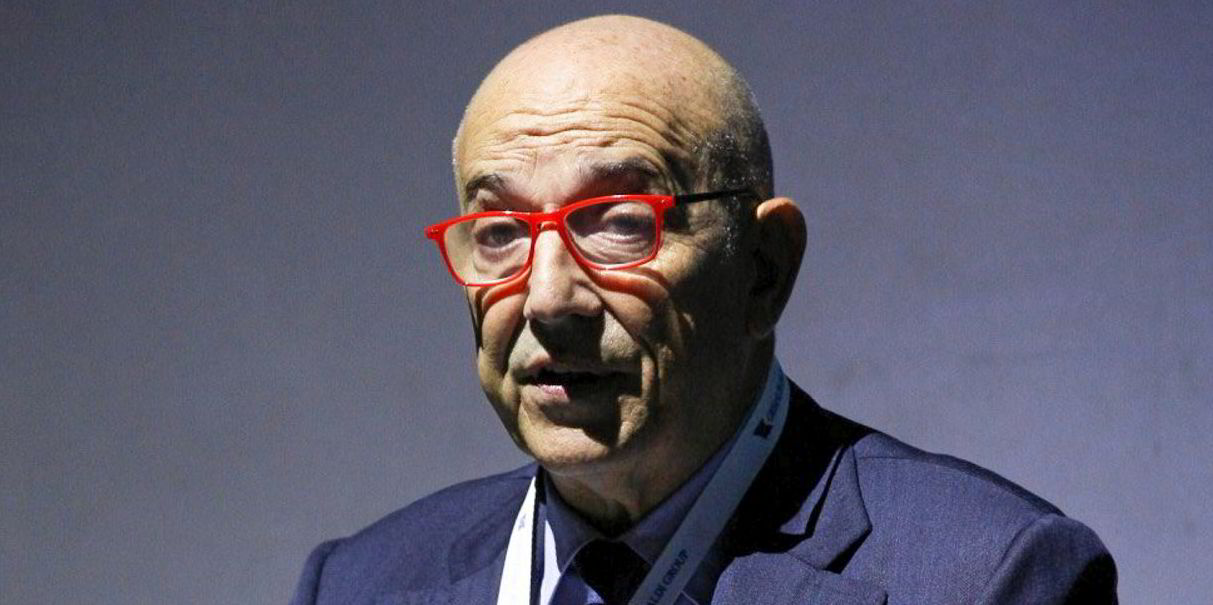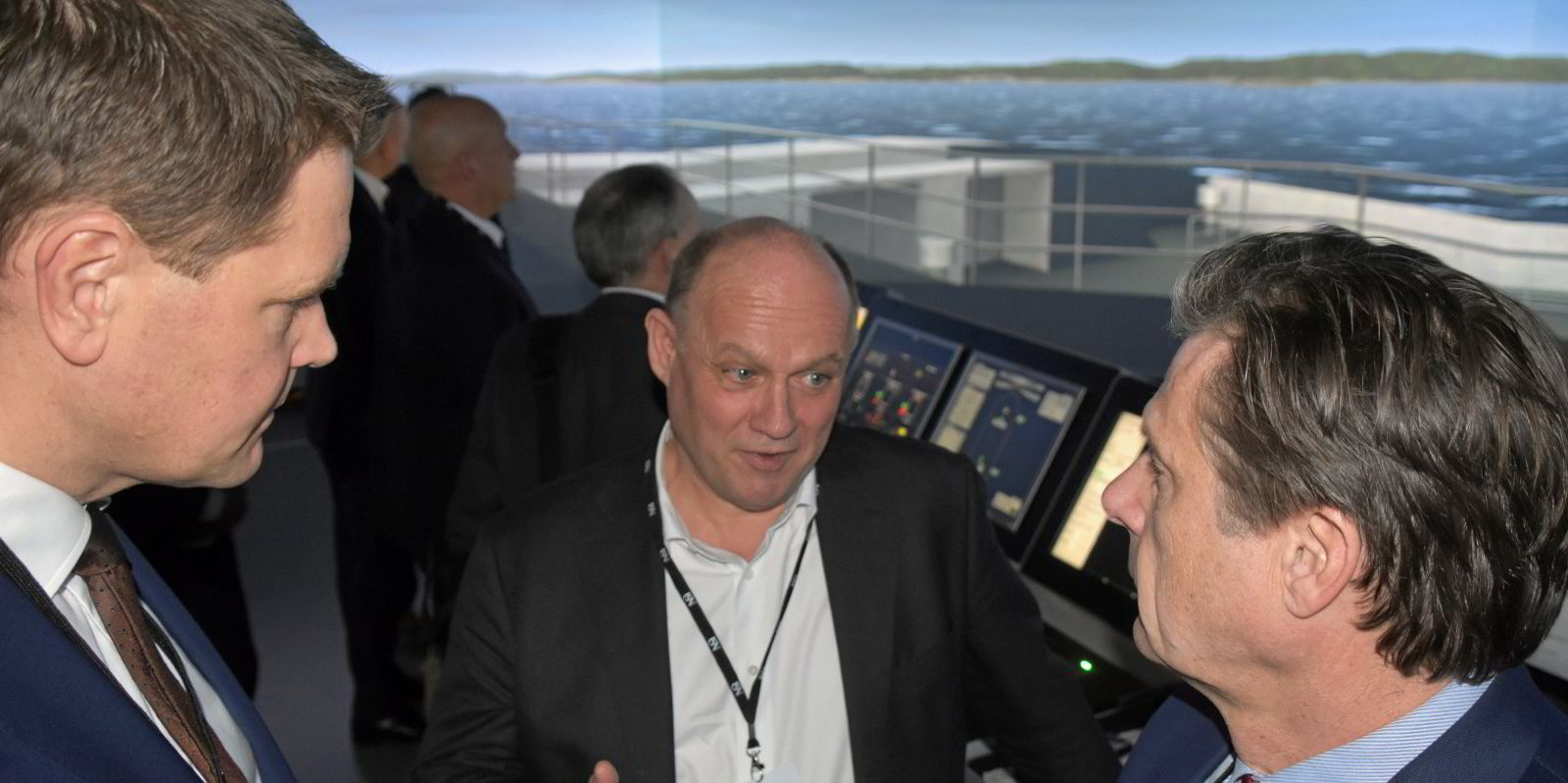Italy’s Grimaldi Group has added five pure car/truck carriers to its orderbook at China Merchants Heavy Industry Jiangsu (CMHI-Jiangsu), also known as CMHI-Haimen — lifting its tally of PCTCs on order at the shipyard to 10.
The 9,000-ceu newbuildings were optional vessels that the company held after penning five vessels at the yard in October.
The PCTCs will be equipped with mega-lithium batteries, scrubbers, solar panels and ground connections to drive zero emission status when in port. An innovative propulsion system and an air-lubrication system will also be installed to reduce the ship's environmental impact.
The ships have received ammonia-ready class notation by the Italian classification society Rina, which will enable the vessels to be retrofitted at a later date.
CMHI-Haimen is scheduled to deliver Grimaldi’s 10 newbuildings in 2025 and 2026.
Shipbuilding sources said Grimaldi — who is said to be paying less than $100m each for the units — will deploy the vessels on voyages between Europe, North Africa and Asia. The car carriers have been designed to transport electric vehicles.
With the latest deal at CMHI-Haimen, Grimaldi has a total of 15 large PCTC newbuildings on order in China.
China State Shipbuilding Corp’s controlled Shanghai Waigaoqiao Shipbuilding (SWS) is building five similarly sized PCTCs for the Italian company. The ammonia-ready ships were ordered earlier this month. The deal with SWS included options for an additional two vessels.
Grimaldi said the total investment on the PCTC newbuildings, including option vessels at SWS, totalled more than $630m.
The state-owned shipyard is slated to deliver the five PCTCs between 2025 and 2026.
According to Clarksons’ Shipping Intelligence Network, the orderbook for PCTCs stand at about 120 units. Most of the companies that have ordered the ship type have opted for LNG as an alternative fuel with the exception of Hoegh Autoliners and Grimaldi.
Last week, Hoegh disclosed that four of its 12 large dual-fuel car carriers that are booked at CMHI-Haimen will skip LNG entirely and go straight to ammonia as a fuel source. It said the development came after engine maker MAN Energy Solutions said it could deliver large ammonia-burning marine engines by the fourth quarter of 2024.





